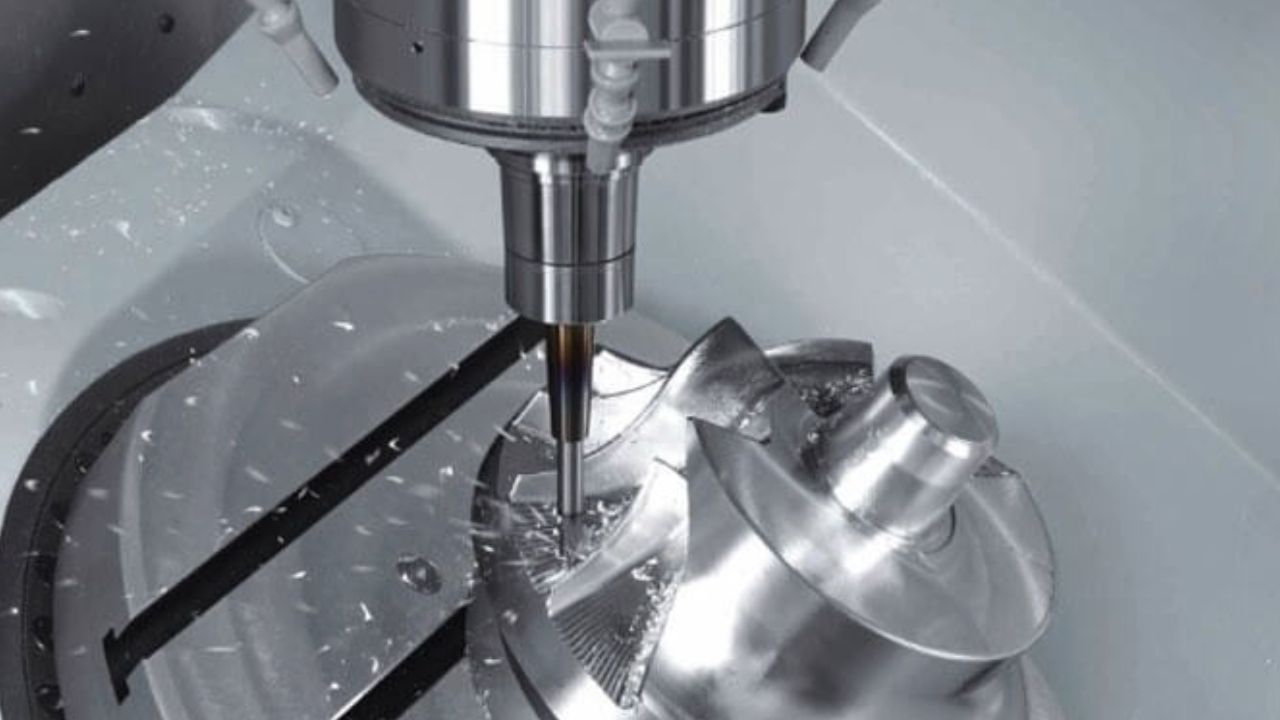Large CNC machining is a specialty manufacturing technique that makes use of computer numerical control (CNC) technology to precisely and accurately create large components. This sophisticated process makes it possible to produce complex items, such as molds and prototypes, industrial machinery, and aircraft structures.
Large CNC machines are equipped with powerful cutting tools and multi-axis capabilities, allowing them to handle massive workpieces while maintaining tight tolerances and high-quality surface finishes. Large CNC machining projects demand careful consideration of multiple specifications and factors to achieve precise, high-quality components.
By addressing these specifications comprehensively and employing advanced machining techniques, manufacturers can successfully undertake large CNC machining projects, producing components that meet the highest industry standards and customer expectations. From this link, you can learn about the Tips Machining Large Parts and some of its specifications.
Vital Attributes of Large CNC Machining
Here are certain crucial specifications and factors associated with large CNC machining:
Material Selection
The choice of material is a vital specification in large CNC machining. Different materials, such as metals, plastics, composites, and alloys, have varying properties that impact the machining process. Manufacturers need to select materials based on factors like strength, heat resistance, wear resistance, and cost-effectiveness. Certain materials might require specialized tooling and machining techniques, necessitating careful consideration during the selection process.
Surface Finish Requirements
Surface finish specifications define the quality and smoothness of the machined surfaces. Depending on the application, some components may require exceptionally smooth finishes to minimize friction, enhance aesthetics, or improve corrosion resistance. Large CNC machines equipped with high-performance cutting tools can achieve fine surface finishes, meeting the specific requirements outlined in the project specifications.
Tooling and Cutting Strategies
Selecting the appropriate cutting tools and machining strategies is crucial for large CNC machining projects. Tool geometry, material, and coatings influence the efficiency and accuracy of the machining process. Manufacturers need to employ advanced tooling solutions, such as carbide inserts, to withstand the demands of large-scale production. Additionally, optimizing cutting speeds, feeds, and toolpaths is essential to minimize machining time while maintaining precision and surface quality.
Fixturing and Workholding
Fixturing and work-holding solutions are critical considerations in large CNC machining. Properly designed fixtures securely hold the workpiece during machining, preventing vibrations and ensuring accurate cuts. For large and heavy components, specialized fixtures, clamps, and support structures are necessary to distribute the weight evenly and prevent distortion during machining. Well-engineered fixturing solutions contribute to the overall stability and accuracy of the machining process.
Machine Rigidity and Stability
Large CNC machining requires machines with robust structures and high rigidity to handle heavy cutting loads. Rigidity ensures minimal deflection and vibration during machining, contributing to accurate and consistent results. Machine stability is essential for long-duration machining operations, as it prevents thermal expansion and maintains dimensional stability. Manufacturers need to invest in high-quality CNC machines that offer exceptional rigidity and stability for large-scale applications.
Inspection and Quality Control
Comprehensive inspection and quality control processes are imperative in large CNC machining. Manufacturers must employ advanced metrology equipment, such as coordinate measuring machines (CMMs) and laser scanners, to verify the dimensions and geometric features of the machined components. Regular inspections and quality checks at various stages of the machining process help identify deviations from specifications, enabling timely adjustments and ensuring the final products meet the required standards.
Ending Words
Large CNC machining provides unmatched efficiency and versatility, enabling producers to design unique solutions for a range of uses. Massive CNC machining is essential to modern manufacturing, whether it be for creating complex molds for automobile components or massive gears for industrial machinery. These machines become increasingly complex as technology develops, making it possible to produce larger and more complex parts and spurring innovation across a range of industry sectors. Thorough planning, attention to detail, and investment in cutting-edge technology are key to the successful execution of large CNC machining projects.


